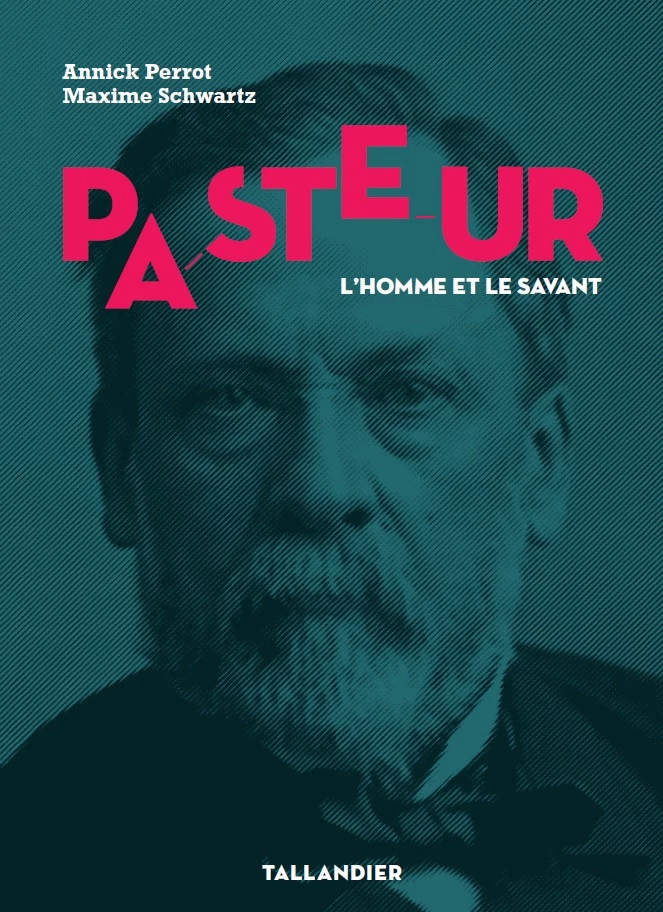
 BICENTENARY
BICENTENARY
Publication of the book Pasteur, the man and the scientist
During this year of celebrations for Louis Pasteur's bicentenary, as announced previously, several events will be taking place, and many have already been launched since the beginning of the year.
Throughout this special year, as a host of events and initiatives begin to spring up all around France, the newsletter team will keep you updated with all the latest news. Today it is pleased to report on the upcoming publication of the book Pasteur, l'homme et le savant (Pasteur, the man and the scientist), written jointly by Annick Perrot, honorary curator of the Institut Pasteur, and Maxime Schwartz, former President of the Institut Pasteur. The book will be published on February 10 by Editions Tallandier.
There can be no doubt that Pasteur is the most famous of France's scientists. But what do we actually know about him and his achievements, apart from the fact that he invented the rabies vaccine and pasteurization? What about his many other discoveries, which revolutionized not only science but also our daily lives?
The full story can be found in this book, which is also illustrated with a wealth of historical documents. The volume is concise and accessible, and it is careful to offer an objective account.

![]()
How could we let the bicentenary of Pasteur's birth go by without celebrating his memory? We felt that it was all the more necessary because school curricula have recently tended to shy away from teaching about key figures in our history. We simply cannot let this scientist – whose discoveries can be seen everywhere, both in contemporary science and in our everyday lives – fade from our collective memory. The ongoing struggle against the COVID-19 pandemic serves as a reminder of Pasteur, with recommendations on strict hygiene measures and new vaccines coming to market.
We wanted to reach out to a broader audience of young people and adults. The book bears some resemblance to a comic book, with considerable space devoted to illustrations and captions, but there are also a number of short chapters that get straight to the point.
As well as the values of humanitarianism, international openness and knowledge transfer, Pasteur left us with a particular way of looking at science: first, rigor and excellence in the way we conduct research, including a degree of creativity moderated by critical thinking; second, maintaining a permanent link between the most basic research and applications, as seen throughout his scientific career; and third, focusing on the aim of improving the well-being of humanity, in particular by tackling infectious diseases.
![]()